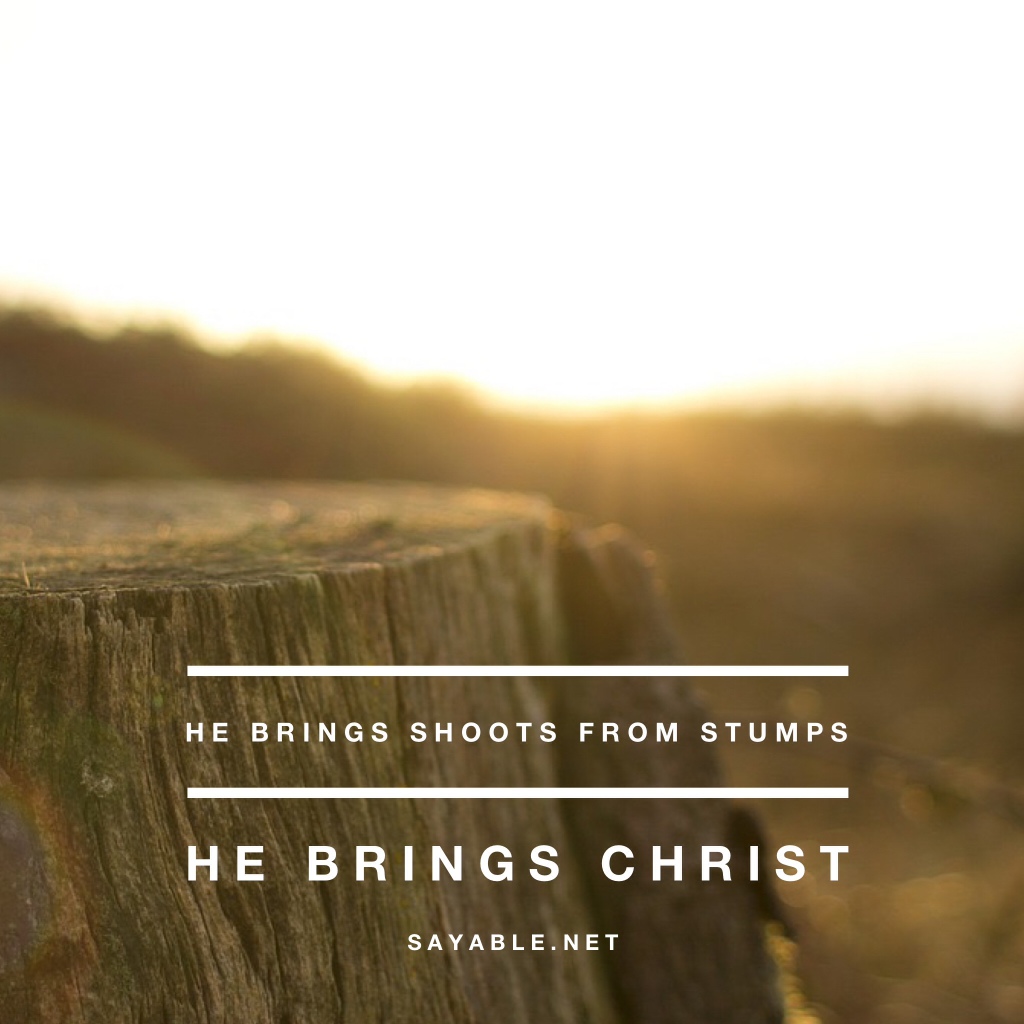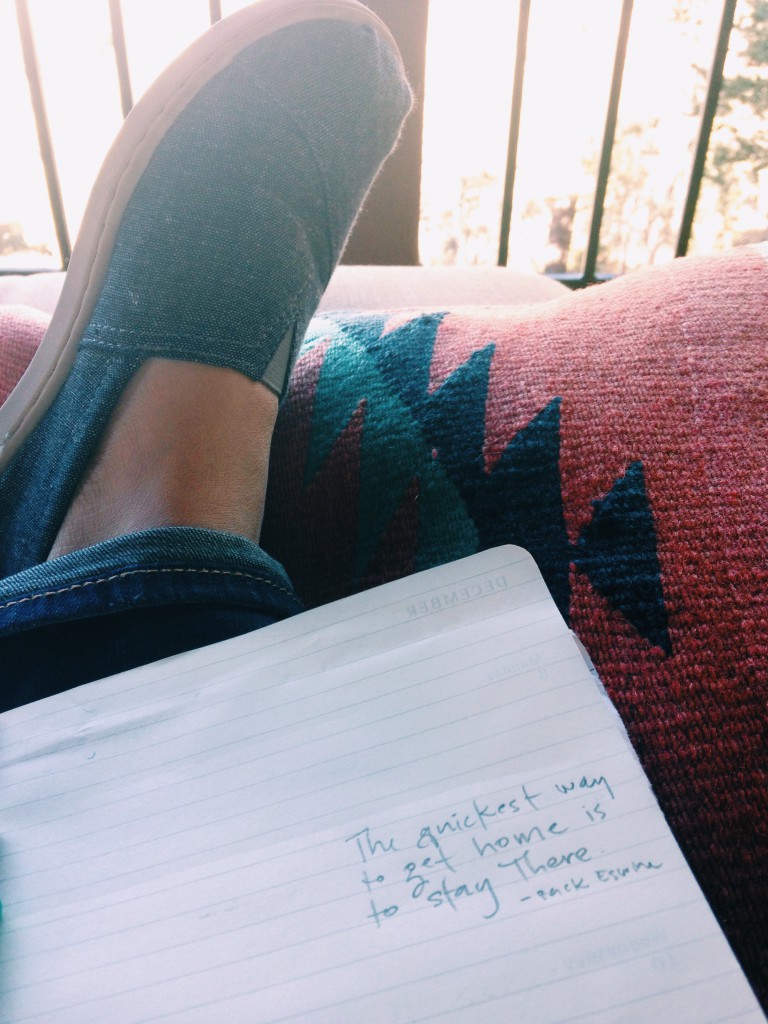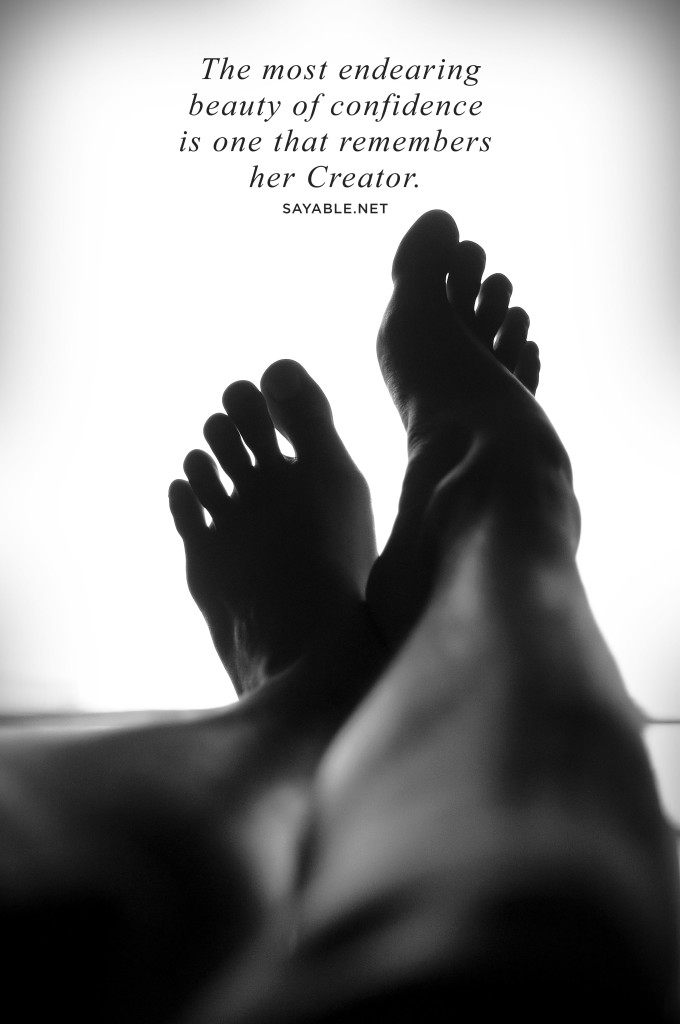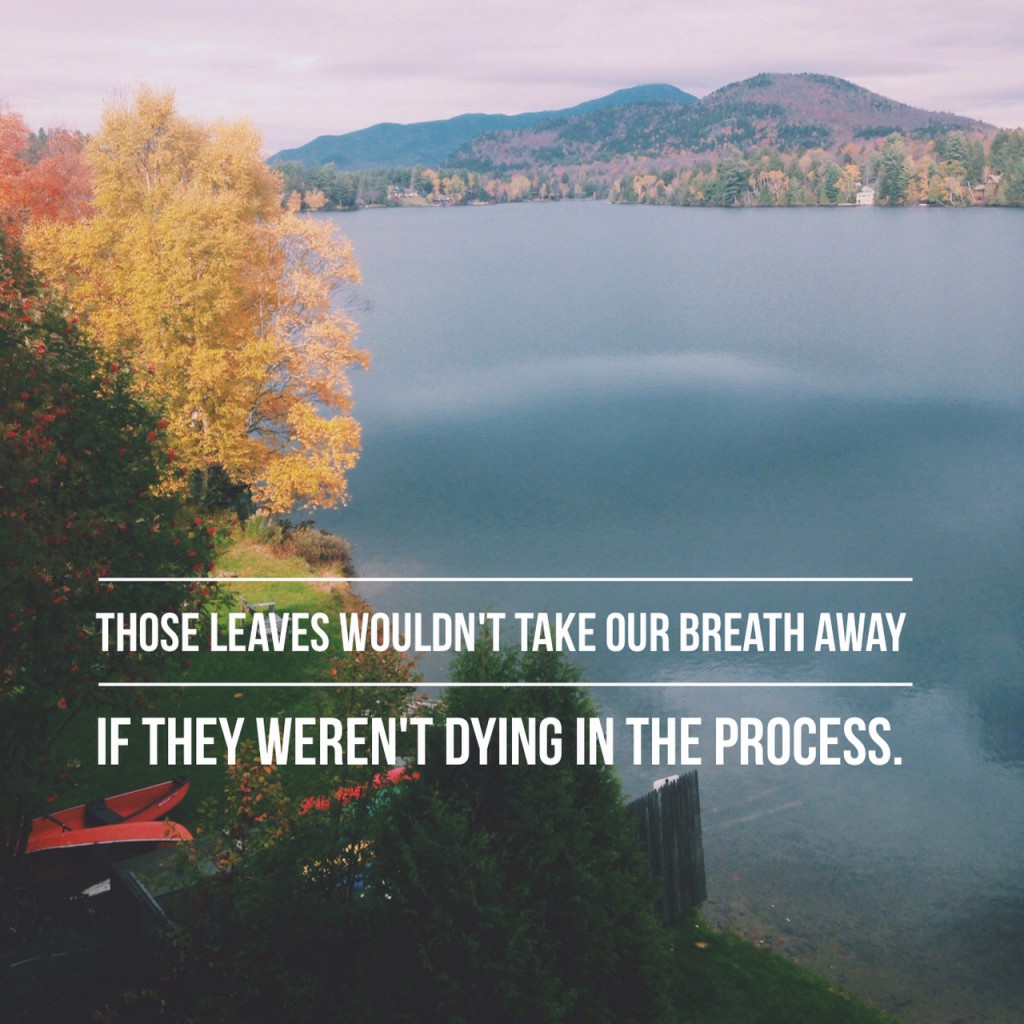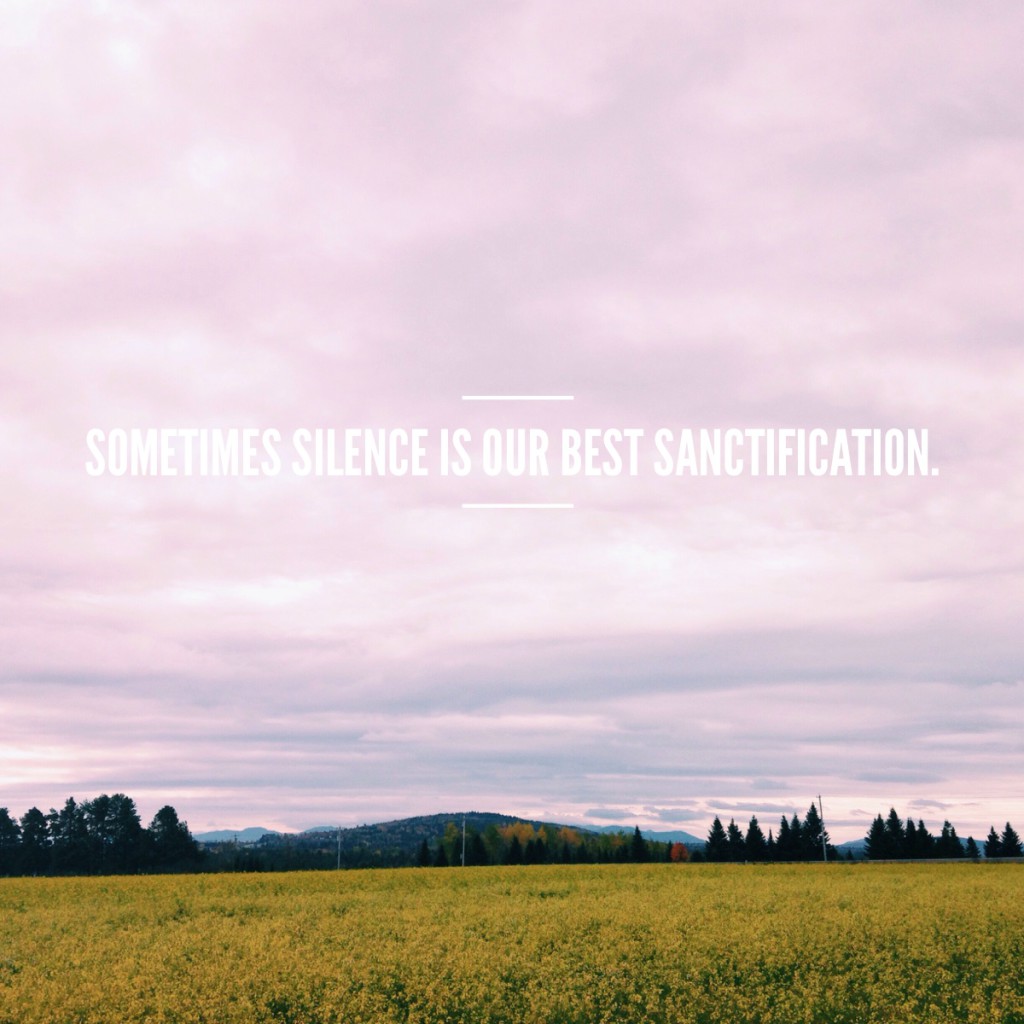How to Fall Out of Love
 Someone asked me how to fall out of love with her ex-boyfriend. "You don't," I said. "The problem is not that you love him too much, it's that you love everything else too little."
Someone asked me how to fall out of love with her ex-boyfriend. "You don't," I said. "The problem is not that you love him too much, it's that you love everything else too little."
What sets marriage apart from every other relationship is not the love between a man and a woman (although that love is a mystery, who can comprehend it?), it is merely covenant. Love waxes and wanes, ebbs and flows, and there are some days when we barely love ourselves let alone love others. Covenant binds the man and woman together when love seems an impossible venture.
So how do you fall out of love? What if your heart has been broken, your boyfriend didn't love you back, your girlfriend couldn't make her ardor match yours? What if you're the one standing there, empty hearted while they make off with both theirs and yours? In the absence of covenant, how do you fall out of love then?
You don't.
Oh, there will be some sorting that needs to happen, some grasping and understanding. You will need to be able to discern what about your relationship was idolatrous or lustful and what was good and holy and right and true. You will need to be able to repent for loving the wrong things too much and the right things too little. But you will also need to be able to understand the nature of real love, biblical love, means you cannot stop loving another person, not ever.
The problem is not that we love them too much, but that we love others too little. We do not extend to them the same grace or walk with the same long-suffering. We are perhaps guilty of objectifying or only loving the way someone made us feel—and this is not love, but a cheap counterfeit, flimsy and fleeting, and we ought to fall out of that.
Falling out of love is an anti-Christian idea. Christians must love all the more—even and especially the ones who deserve it the least.
If you are standing somewhere, nursing a broken and bleeding heart, know this: God is willing and working His goodness in that brokenness. But also know this, the way through this is to love others with the same fervor and intensity and selflessness that you brought to your relationship. Nurture them, encourage them, delight in them, enjoy them. As your capacity to love grows, you will find that former flame no longer burning higher than all the others, but a mere light along the path that brought you into the most full and robust love there is. The love of God.
"I think God wants us to love Him more, not to love creatures (even animals) less. We love everything in one way too much (i.e. at the expense of our love for Him) but in another way we love everything too little….No person, animal, flower, or even pebble, has ever been loved too much—i.e. more than every one of God’s works deserve." C.S. Lewis




